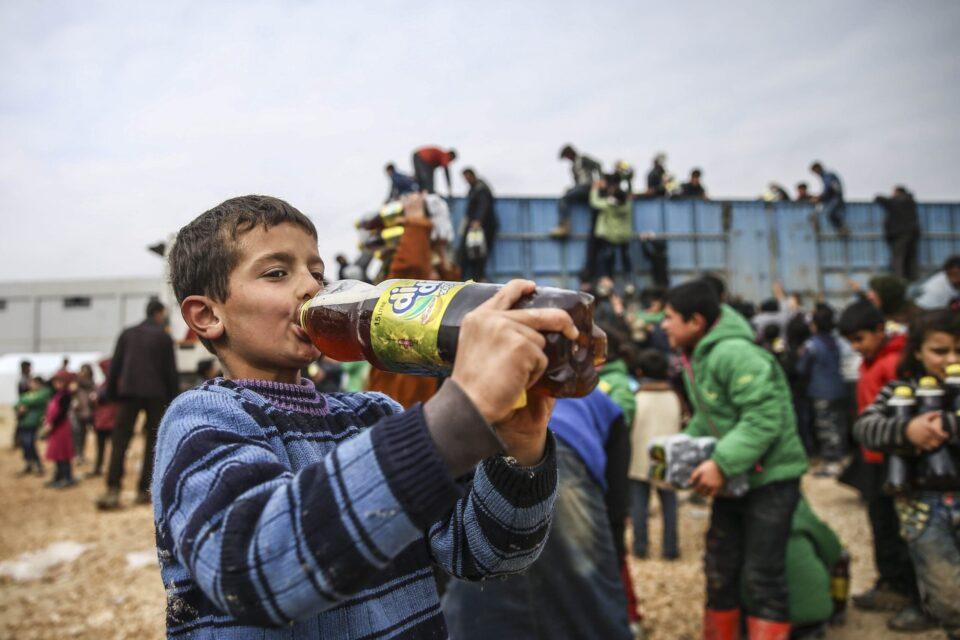Idlib: A Cause for Humanitarian Concern

The Assad regime is preparing for a military attack on Idlib, placing many countries on edge as potential outcomes of the attacks are considered. Turkey is closely monitoring the situation since it borders Idlib and the attacks could result in another refugee crisis. Despite efforts to prevent the attacks from happening last week, airstrikes have renewed from both sides of the conflict. Since last Friday, 30,542 civilians in the attacked regions of Idlib have fled their current location to other areas of Idlib, areas closer to the Turkey border. Countries and international organizations have voiced their concern over the potential grave humanitarian crisis that will result from a full-fledged attack.
Nearly 3 million Syrians now live in Idlib, with almost half of them residing there after being displaced from their homes in Syria. Further displacement will put the civilians at far greater risk and in urgent need of humanitarian aid and assistance. The U.N. has warned that if conflict escalates and an attack on Idlib further advances, an estimated 800,000 people may flee to the Turkish border. Furthermore, as 1.5 million residents in Idlib rely on food aid, increased violence could lead to a rise in food insecurity for those already relying on the aid. Additionally, this could increase the number of residents who become reliant on food aid from humanitarian organizations.
Turkey already cares for over 3.5 million Syrian refugees that have fled over the course of the conflict that is entering into its eighth year. It has spent over 30 billion U.S. dollars (USD) on Syrian refugees since 2011. Even though the President and Minister of Interior have acknowledged that Turkey cannot host more refugees fleeing Syria, Turkey has continued its support through humanitarian efforts in Idlib along the border of Turkey. The Turkish Red Crescent and Turkey’s Humanitarian Relief Foundation have both increased their aid and support to Idlib in preparation for further displacement among Syrians residing in the last remaining rebel stronghold and deconfliction zone in Syria.
For security purposes, Turkey has increased its military along the border to stop refugees from entering. To further assist the IDPs, Turkish humanitarian aid workers are setting up additional camps along the border in Syria and Turkey is preparing to shelter approximately 200,000 in these camps. While Turkey has said it cannot host the potential new influx of refugees fleeing Idlib, it is actively working to create safe havens and provide assistance in Idlib. It views the potential humanitarian crisis as necessary to address, and hopes to thwart a further influx of refugees crossing into Turkey by providing assistance in Idlib.
Countries should work together to prevent a humanitarian crisis from worsening as a result of renewed violence in Idlib. Even though one attempt has failed to cease the attacks, countries should continue to engage with invested parties in Syria to ensure that the civilians in Idlib are not forced into situations that place them at further risk and cause them to become displaced once more. Besides continuing diplomatic engagement, countries should follow Turkey’s lead and increase their aid to humanitarian organizations on the ground that support those who have already fled the violence. They should also prepare to assist those who will flee if the attacks continue. It is imperative for the international community to continue its support for Syrian civilians who have fled to safe spaces and are now at additional risk of being displaced again. Working to inhibit a further increase in violence in the region and providing assistance the to the civilians of Idlib will help to ensure the IDPs have the necessary assistance to survive and that refugees do not overwhelm the aid capacities of countries such as Turkey.























